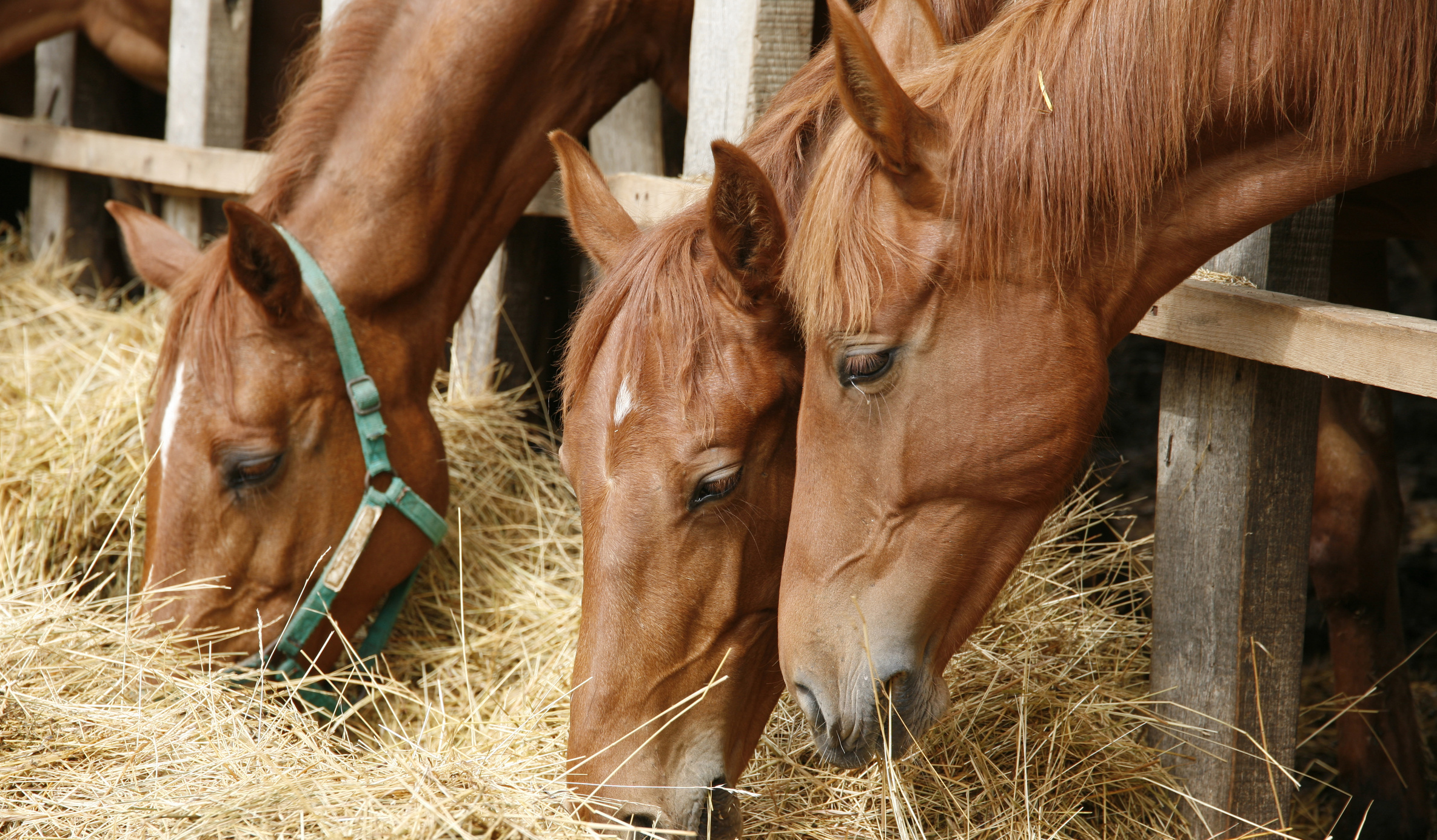Feeding your horse can be much more complicated than simply tossing some hay into a stable. A balanced diet is crucial for maintaining your horse’s health, energy levels, and overall well-being. If you’re new to the world of horse care or simply looking to refine your feeding regimen, this comprehensive guide will walk you through the essentials of horse nutrition, including the types of feeds and the role of supplements.
The Importance of Nutrition in Equine Health
A horse’s diet directly impacts its quality of life. Proper nutrition can aid in muscle development, enhance performance, and prevent various health issues like digestive problems or nutritional deficiencies. Understanding the basics of horse nutrition can ensure that you’re giving your horse the nourishment it needs to thrive.
Types of Horse Feed
Forage
The foundation of a horse’s diet is forage, mainly comprising hay and grasses.
- Grass Hay: High in fiber and usually lower in protein.
- Legume Hay: Higher in protein, calcium, and energy.
Concentrates
These include grains like oats, corn, and barley.
- Whole Grains: Higher in energy but should be fed cautiously due to starch content.
- Pelleted Feed: Consistent nutrient content but less engaging for the horse to eat.
Fruits and Vegetables
Occasional fruits and vegetables can serve as treats and offer extra vitamins and minerals.
- Carrots, Apples: High in sugar, feed sparingly.
Supplements and Additives
Supplements can provide specific nutrients that might be lacking in a horse’s regular feed.
- Vitamin and Mineral Supplements: For horses with deficient diets or increased needs.
- Joint Supplements: Common for older horses or performance horses.
Key Nutritional Requirements
Every horse has specific nutritional requirements based on age, activity level, and health status. Here are some key elements to consider:
- Energy: Usually measured in megacalories (Mcal), necessary for daily activities.
- Protein: Essential for growth and muscle development.
- Fiber: Important for proper digestion and gut health.
Feeding Guidelines
Frequency and Amount
- Adult horses: Usually fed twice a day.
- Younger or more active horses may require more frequent feeding.
Seasonal Adjustments
- Increase calorie intake during colder months.
- Reduce concentrates during periods of less activity.
Monitoring and Adjustments
- Regular weight checks and veterinary assessments can help you adjust your horse’s diet as needed.
Common Feeding Mistakes to Avoid
- Overfeeding: Leads to obesity and health issues like laminitis.
- Underfeeding: Results in malnutrition and decreased performance.
- Ignoring Water Intake: Horses need constant access to fresh, clean water.
Conclusion
Understanding horse nutrition is a vital aspect of equine care. By knowing the types of feed available, the importance of supplements, and the nutritional requirements based on various factors like age and activity, you can create a balanced diet for your horse. Remember, a well-fed horse is a happy and healthy horse. Monitoring your horse’s condition and making regular adjustments to the diet can ensure that you’re meeting its nutritional needs.
